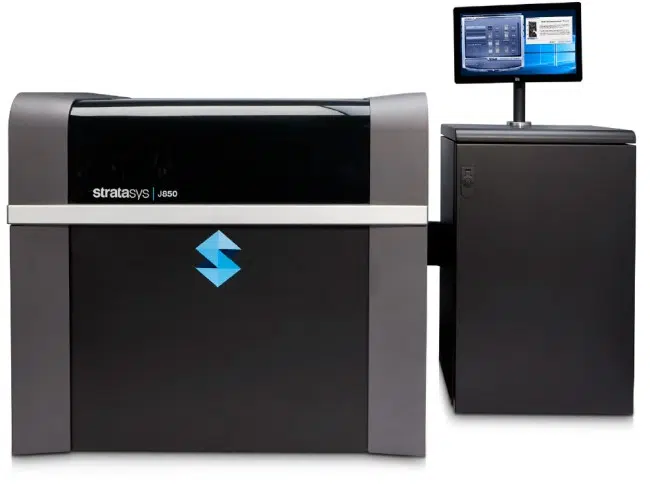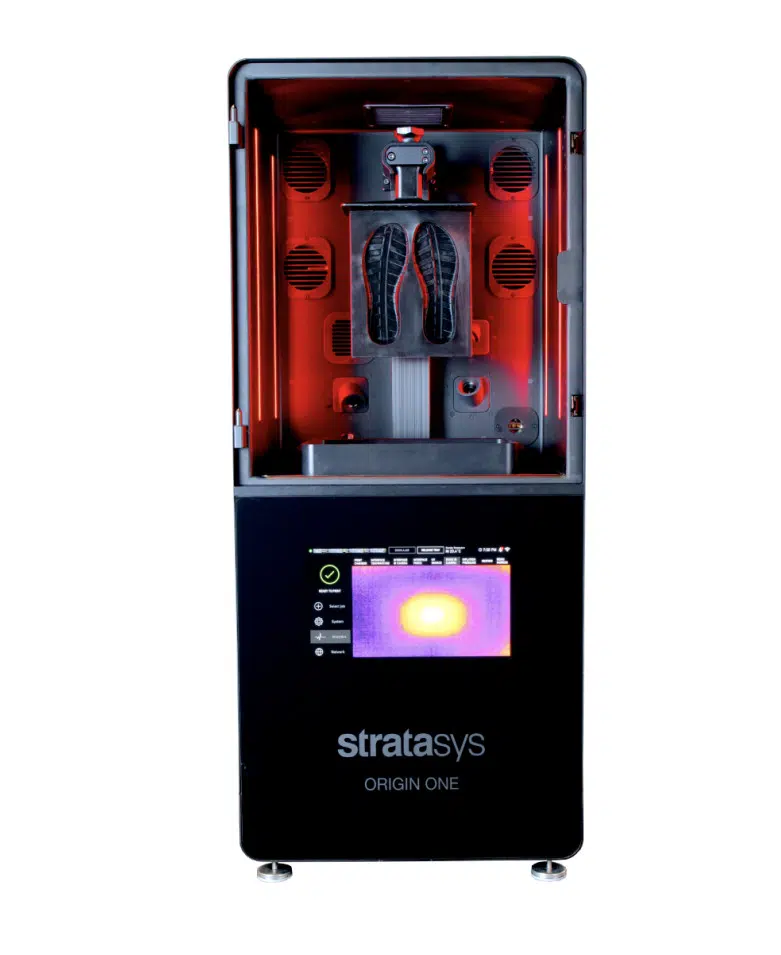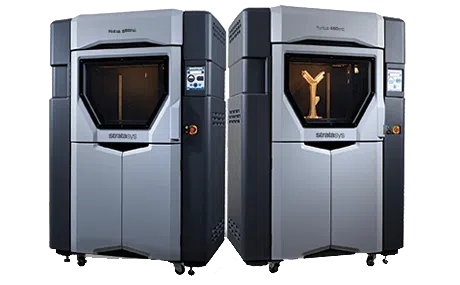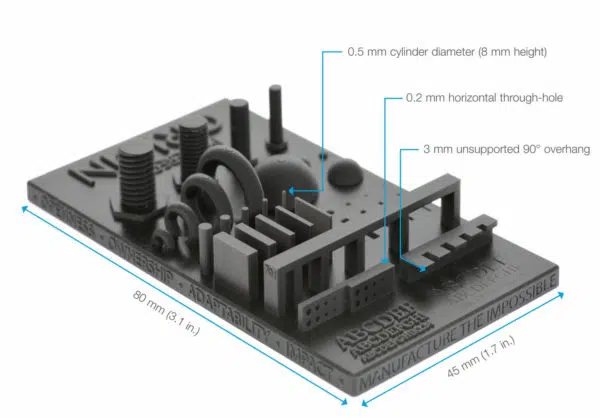3D printing research contributes to groundbreaking innovations that are changing the world. As a researcher, selecting the right printer for your 3D printing research projects significantly affects the process and final results. There are many 3D printer options with varying features, so here is some guidance for finding the right 3D printer for your research lab.
Considerations for 3D Printing Research
It's not one size fits all for 3D printers used for research. To help you find the best 3D printer, we recommend prioritizing features that will impact your research the most. Here are some to consider:
Speed
Some 3D printers can take days to print; others can print and post-process in hours. If your research can't be held up waiting for a print to finish, look for a high-speed 3D printer.
Reliability
The last thing you need to hinder research is for your 3D printer to break down or need service. Evaluate the reliability of 3D printers and available service packages to keep the printer running.
Materials
The materials for your 3D printing can transform your research, and many types of materials are available, depending on the 3D printer. Some are certified for medical use, some are pliable, and others are heat-resistant. There are also options for modifying materials or creating your own.
Accuracy
Precision is often vital for research, and 3D printers have varying levels of accuracy—some print details less than 50 microns in size, whereas other printers are used for general prototyping where accuracy isn't as crucial.
Versatility
In addition to material types, 3D printers come with other ways to help you think outside the box in your research. For example, voxel-level capabilities, printing on textiles and fabrics, or incorporating mechanical devices.
Scalability
If you need to print many parts and components, an industrial-grade 3D printer will allow you to print large quantities quickly.
3D Printer Options for 3D Printing Research
Stratasys is the world leader in 3D printing technology, offering a wide range of industry-leading 3D printers for industrial and production use that also apply to the education space. Stratasys 3D printers undergo rigorous testing, and the company continually innovates 3D printing technology. Here are some Stratasys 3D printers for academic researchers to consider:
Stratasys J8TM Series 3D Printers

The Stratasys J8 Series printers use a powerful 3D printing technology, PolyJet, that produces smooth, accurate parts and prototypes with microscopic layer solution and accuracy down to 0.014mm. The PolyJet Research Package is an add-on software for the J8 and J7 Series created specifically for 3D printing research. The package provides researchers with advanced tools for prototyping and visualizing research findings with vivid models. Capabilities include:
- Create complex 3D objects at Voxel Level allowing for an advanced level of control at a microscopic scale, enabling higher resolutions, fine-tuned color placement, and Shore value transitions within one part.
- Pause and resume mid-print to embed electronics or mechanical parts or inject materials, such as liquid or air.
Stratasys Origin One

The Stratasys Origin One uses Programmable PhotoPolymerization (P3TM) technology, an evolution of digital light processing. This tightly synchronized print process includes pneumatic controls to reduce pull forces during the print process, resulting in exceptional surface quality without sacrificing speed or isotropy. The Origin One helps researchers:
- Produce at scale with fast printing and post-processing in minutes versus hours.
- Create high-quality and accurate parts. In situ analytics combined with automatic pressure, separation force, and temperature regulation ensure the first part is the same as the last, and it produces print details less than 50 microns in size.
- Choose from various single-component, commercial-grade materials, including heat-resistant materials, impact-resistant resins, high-resolution elastomers, medically certified materials, and low-pressure molds.
- Options to use open materials to address new applications.
Stratasys Fortus 450mc 3D Printer

The Stratasys Fortus 450mc is a high-performance additive manufacturing FDM (Fused Deposition Modeling) 3D printer, which delivers accurate and reliable performance. Advantages of the Fortus 450mc for academic researchers include:
- Access to a range of materials, such as standard thermoplastics, including ESD-compliant and biocompatible versions of ABS, and high-performance materials, including nylon, carbon fiber, PEI, and PEKK. Open material options will be available in the future (late 2023).
- Repeatable print results that accurately reflect CAD models for consistent production.
3D Printing Research Projects
Thousands of 3D printing research projects have contributed to breakthrough advances across industries, from healthcare to aerospace.
Professor Jeffrey Lipton from the University of Washington led researchers who created a new handle to reduce the sander vibration with Boeing. The process included the development of exclusive digital material, and students worked with 3D printing to get to the final design.
Professor Rob MacCurdy, University of Colorado - Boulder, uses advanced Stratasys tools and software in his research to implement multi-material printing to enhance the structure and functionality of his 3D printed robots. Using Stratasys' PolyJet printers and specific design tools, MacCurdy has created incomparable functionality in his multi-material designs.
Are you part of 3D printing research at your New England institution? AET Labs can help you select the right 3D printer and offer local service and training. We've partnered with many higher education institutions in New England to provide solutions for research labs. Contact us today!

